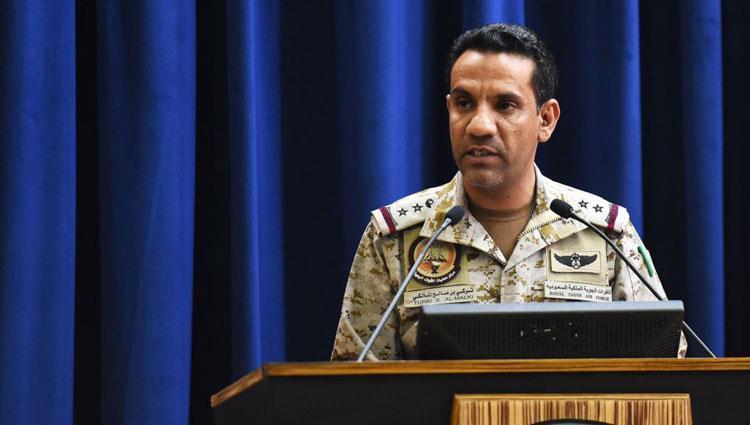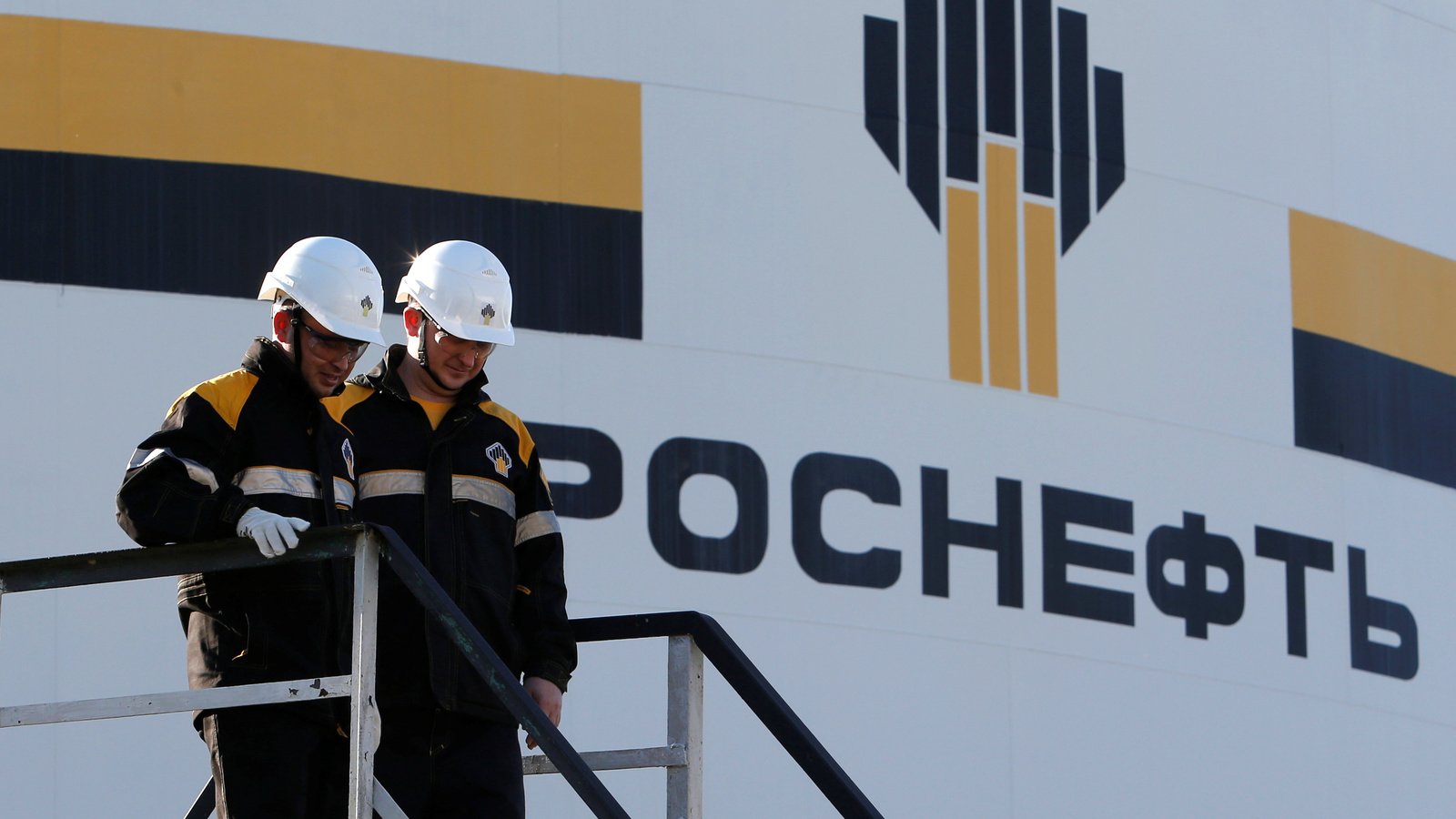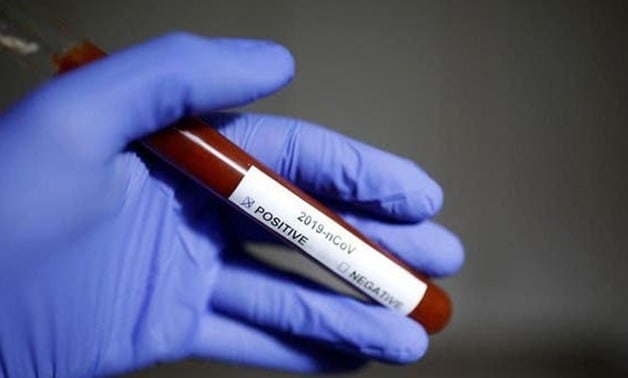In the latest escalation in Yemen, Saudi Arabia says it beat back a Houthi militia offensive that targeted the capital Riyadh, as well as border cities Jazan and Najran, on June 23.
On Tuesday morning, Houthi military spokesman Yahya Sarea claimed the Iran-backed rebels had launched a successful assault on neighboring Saudi Arabia in a televised address.
“A large number of winged ballistic missiles and drones targeted the capital of the Saudi enemy … pounding military headquarters and centres including the defence and intelligence ministry and (King) Salman Air Base,” Sarea claimed during the rebel-run Al Masirah TV broadcast.
Shortly after, Saudi Arabian spokesman Colonel Turki Al-Malki said the Joint Coalition forces had neutralized the attack by intercepting and destroying eight “bomb-laden UAVs targeting civilians” bound for Riyadh on Monday night. They intercepted another three ballistic missiles fired from the Houthi-held Sa’dah governorate in Yemen towards the Saudi border cities of Najran and Jazan.
“The continuation of these terrorist, hostile acts using bomb-laden UAVs confirms the extreme, unethical ideology of the militia toward innocent civilians,” Al-Malki stressed in a statement carried by the state-run Saudi Press Agency (SPA).
Al-Malki said the attack was a “flagrant defiance” of international humanitarian law, adding the Joint Forces Command of the Coalition will “implement all necessary measures to protect innocent civilians.”
Britain’s Foreign Secretary, Dominic Raab, joined Al-Malki in this position by voicing the UK’s condemnation for the Houthi attack on Tuesday afternoon.
“I condemn these latest attacks on Saudi Arabia by the Houthis, and their continued offensives within Yemen which cast further doubt on their claims to want peace,” the foreign secretary said in a press release.
“With over a million Yemenis believed to have contracted coronavirus, it is more vital than ever that the Houthis cease their hostilities and allow the UN-led humanitarian response to get on with saving Yemeni lives,” Raab noted.
Yemen has been mired in a bloody civil war for five years which pits the Houthi rebels, based in northern Yemen, against the internationally recognized government that rules from Aden in the South with the backing of a Saudi-led coalition.
The civil war has turned the already impoverished country into the world’s worst humanitarian crisis, with an estimated 80% of Yemenis requiring humanitarian aid and protection.
Read also: Yemen Government Signs Ceasefire with STC



